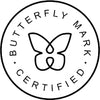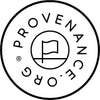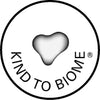How to Navigate Greenwashing Buzzwords
By Susie Willis
The term “clean beauty” recently charged into the skincare zeitgeist like an enthusiastic bull bringing excitement and confusion in equal measure. Like any new catchphrase, it has come with a myriad of definitions that vary from one brand to another. For Romilly Wilde, Clean Beauty has always meant exactly that – an unequivocal term with no shades of grey. Clean means clean. Not cleanish, not somewhat clean, not clean aside from the few harmful chemicals, toxins or preservatives we’ve snuck in at the end and called a “fragrance.” Clean beauty is not just a selling gimmick, but a steadfast ethos we stand by because no compromise in skincare is the only future we embrace for our skin and the planet.
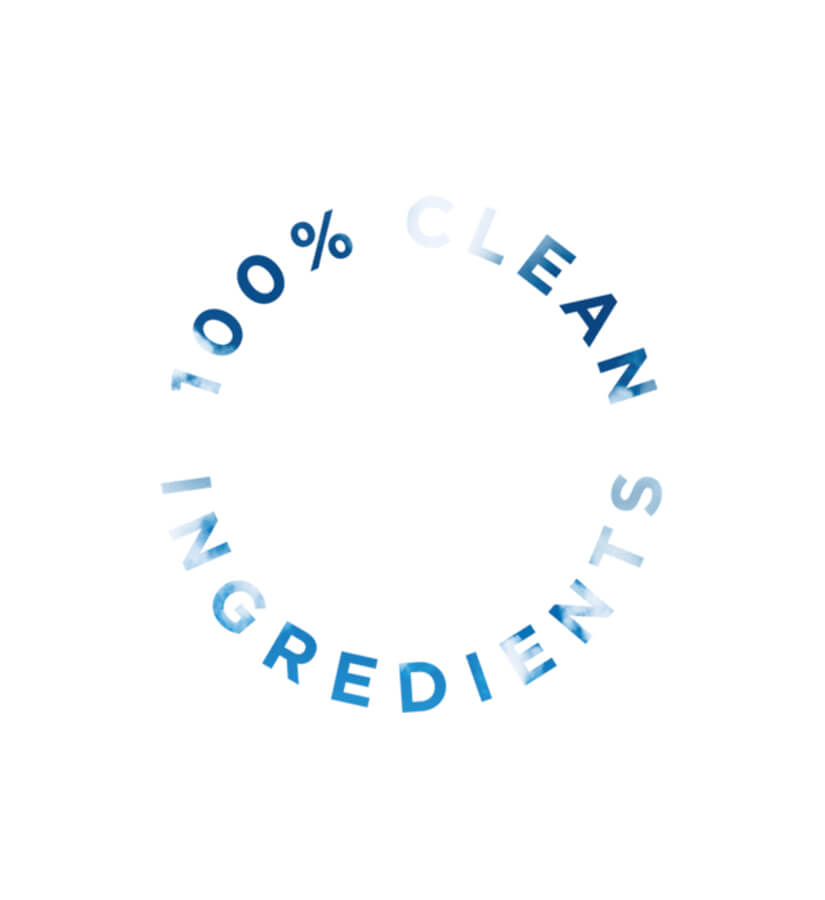

In a world of buzzwords run amuck, it is also important to understand that there is a litany of branding terms (that are not only unregulated but unsubstantiated) that can trick the consumer into a false sense of security about their skincare products. Terms like green, eco, natural and holistic, to name a few, can give the impression that a product is non-toxic and chemical-free when that is not always the case. Furthermore, what deems a product to be “natural or organic,” for example, varies from country to country in regards to what is allowed to fall under that umbrella.

We thought some research into the matter could help clear a few things up for those seeking truth and transparency in their clean beauty regimen:
Organic:
Unlike other terms that many skincare brands use, there are governing bodies that have developed standards for products using the organic label and certifications that can be granted, but it must be emphasized that there is no legal requirement in place to protect organic or natural cosmetics. EcoCert, a French governing body, was the first to develop standards down to the percentage of what can be allowed in a product (a minimum of 95% of the total ingredients from natural origin). In the UK, a product that is deemed organic can receive a certification from The Soil Association, the UK’s primary organic certification body in the UK. As stated by the SA, “organic beauty is the formulation of cosmetic products using organically farmed ingredients. These ingredients are grown without the use of GMOs, herbicides, and synthetic fertilisers.” To legitimise the classification, brands can gain a Soil Association certificate if they comply with COSMOS standards, the highest standard for natural and organic products, proving their safety and efficacy. That said, a product that is called organic can still contain a percentage of ingredients that do not come from a natural origin and it is important consumers understand this. So organic does not mean a product is 100% clean from toxins and chemicals.

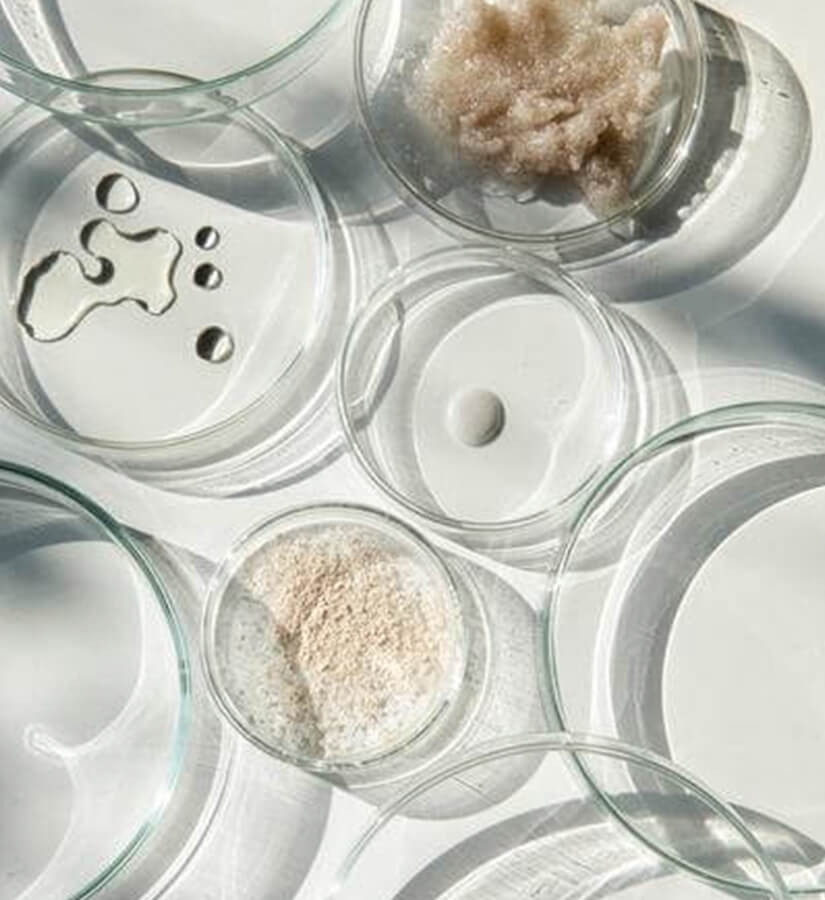
Natural:
There is no regulation of the use of the term natural skincare in the UK or anywhere else in the world. Furthermore, products deemed as “natural” can contain ingredients that simulate things found in nature but are actually made in a laboratory and are considered toxic. Rachel Pontillo of Dermascope.com explains, “Some ingredients found in nature can be manufactured artificially and produced more economically with greater purity and more consistent quality than their natural counterparts. For example, vitamin C, may be derived from an orange or produced in a laboratory. However, there are no laws requiring manufacturers to differentiate between natural sources versus bio-identical laboratory synthesis of natural ingredients.” Overall the term “natural” can be incredibly misleading to consumers as a product can certainly be called natural, but the ingredients that may have started out that way have been overly processed and the result, anything but natural. The Soil Association in the UK offers a COSMOS natural certification to try and alleviate some of the ambiguity. EcoCert also established a standard for natural cosmetics in order to receive certification, but the percentage is much lower at 50% minimum of all plant-based ingredients in the formula and a minimum of 5% of all ingredients by weight must come from organic farming.

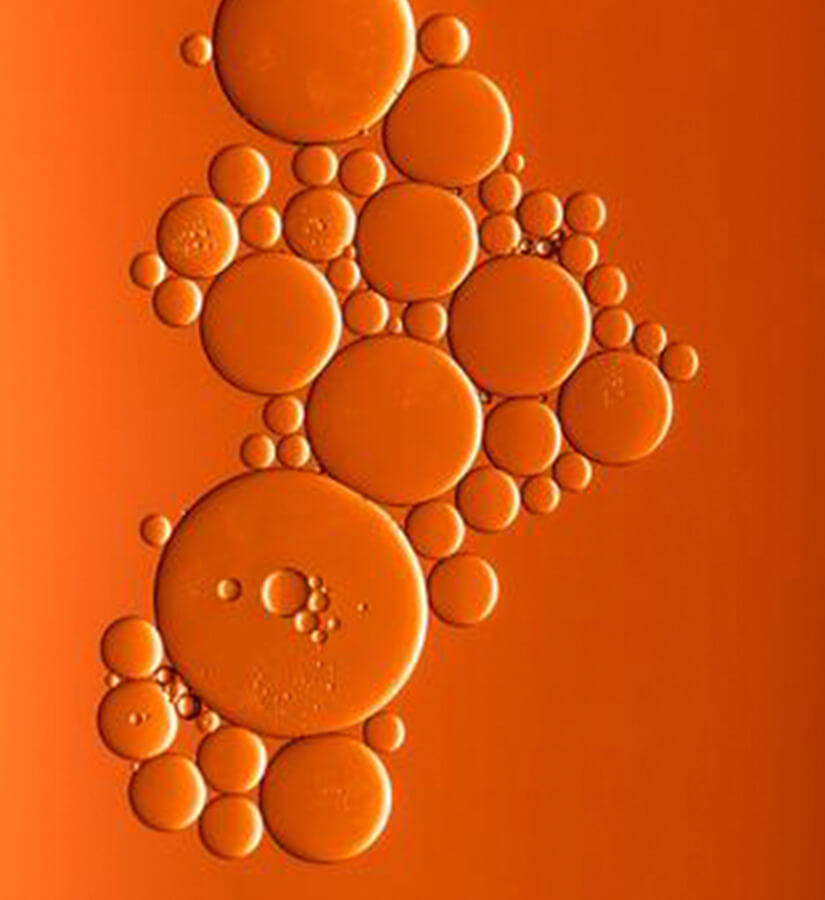
Lastly, while you are reading your INCI list, another buzzword to look out for is fragrance, especially when it comes to products that call themselves “natural.” The term “Fragrance” in your INCI list is one of the largest catch-all umbrellas that can hide a variety of chemicals under it without having to actually name them. In the U.S., the FDA gives the term fragrance a free pass in regards to having to reveal what it actually is. “The Food & Drug Administration (FDA) exempts it from having to be more specific, even though it might contain a synthetic, preservative, or allergy-provoking substances that you might want to know about.” Additionally, artificial fragrance, often contains phthalates, a group of chemicals and allergens linked to a long list of very disturbing health concerns.
The overall good news, consumers are becoming more knowledgeable and are doing their research when it comes to what they put on their skin and are seeking out brands with an ethos of respecting one’s body and the environment. Furthermore, the EU is much more stringent than the FDA, banning over a thousand ingredients in cosmetics vs other countries where the number is frighteningly lower.

So read your INCI list, do your homework, and do not just accept what it says on the packaging. Clean beauty should be just that, clean – not almost, but absolute.
